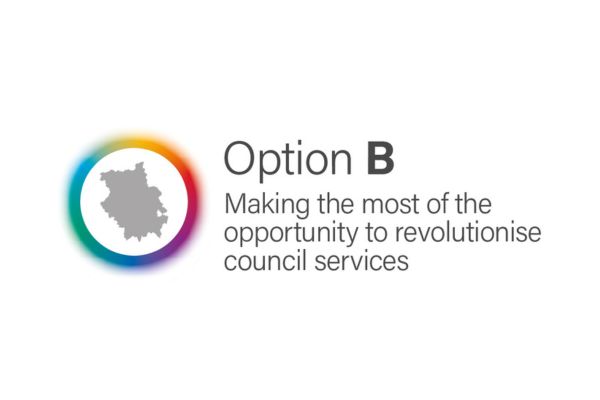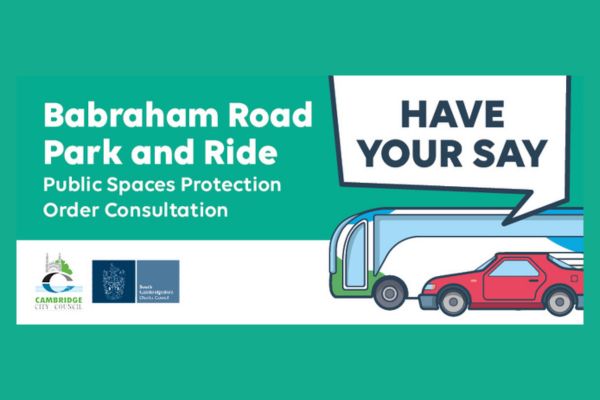Every year we conduct a canvass of the residential households in Cambridge to make sure that the data we hold in the register of electors is correct and up to date.
The annual canvass
In 2025 the annual canvass took place between 11 August and 21 November, so that a revised register can be published on 1 December.
Before we start canvassing properties, we match the data held in the register against data held by the Department for Work and Pensions and other council departments to see who is still resident. This means we only need to target households where we believe people have moved in or out.
If you receive a letter from us, it will state whether you need to respond, depending on the information we have been able to match from other data sources.
If you receive an email or text, you must respond so that we know there is still a connection between that email or mobile number and your address.
Please respond to the letter, email, or text as soon as you can so we don’t need to make a personal visit to your address or post reminder letters.
The easiest way to respond is online on our voter response system – you will need the two part security code provided in your letter, email or text.
Our electoral canvassers will be making calls to non-responding properties across the city between Friday 12 September and Sunday 26 October 2025. Our canvassing staff may make calls during the evenings and weekends, as well as during the normal working day.
If we contact you by email, it will come from a government email address – cambridge.electoral.
If we contact you by text, it will come from an account called ‘CamElection’ and the number will be hidden as it does not accept replies.
The electoral register
There are two versions of the register: the full ‘electoral’ register and the edited ‘open’ register.
Both registers are held at our office in Mandela House, Regent Street and can be inspected by anyone. However, please do contact us to make an appointment to view either register, so that we can ensure someone is available to help you.
The full electoral register
The full register is used for electoral purposes, such as making sure only eligible people can vote and for political parties to send you information before an election.
It also has other limited purposes such as preventing and detecting crime and checking credit and loan applications.
The open register
The open register is an extract of the full register that can be bought by any person, company or organisation. Your name and address will be included in the open register unless you ask for them to be removed.
- Remove your details from the open electoral register
- Guide to how the full and open registers are used [PDF, 74Kb]
For more information on purchasing the open register, please email elections@cambridge.gov.uk.
Objections
Entries on the register or applications for registration (except anonymous registrations) can be objected to by any elector who is registered in that area.
Statistics
The current register of electors for Cambridge was published on 1 December 2025, with 85,907 electors registered to vote.
| Publication date | Full register electorate | Open register electorate |
|---|---|---|
| 1 December 2016 | 87,084 | 34,706 |
| 1 March 2017 | 87,171 | 34,688 |
| 1 December 2017 | 90,826 | 34,086 |
| 1 December 2018 | 89,811 | 32,847 |
| 1 February 2020 | 95,017 | 32,602 |
| 1 June 2020 | 95,052 | 32,628 |
| 4 January 2021 | 91,807 | 31,322 |
| 1 December 2021 | 89,326 | 30,315 |
| 1 December 2022 | 89,265 | 29,895 |
| 2 January 2024 | 89,328 | 29,719 |
| 1 February 2025 | 89,207 | 29,273 |
| 1 December 2025 | 85,907 | 27,597 |



